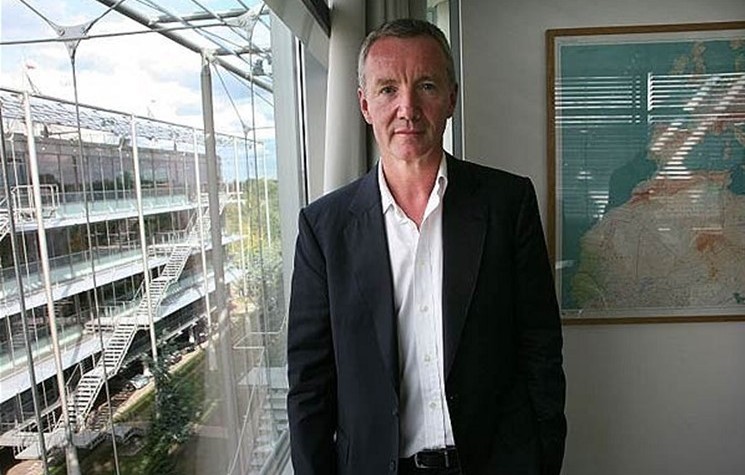Tullow Oil tallies record write-offs and cuts exploration spend as it focuses on low cost production in West Africa

By Amy McLellan,
The oil price is continuing to inflict pain across the sector, with even the biggest companies pulling projects, shedding jobs and cutting back on expenditure. FTSE100 company Tullow Oil on Thursday announced US$2.7 billion of pre-tax write-offs and impairments and slashed 2015 spending plans from US$1 billion at the start of 2014 to US$200 million. This is the second cut in the exploration budget: in November’s interim statement, the exploration spend was cut to US$300 million but since then the oil price has shed another US$20 per barrel, prompting the latest cuts.
The record write-offs stack up as US$400 million for exploration fails in Norway, Mauritania and Ethiopia in 2014 and another US$1.2 billion across the portfolio based on previous year’s efforts, mainly in French Guiana, Mauritania and Norway, that are unlikely to be economic given the dramatic fall in the oil price.
The impairment charge is US$600 million following a review of all assetsat current commodity prices and the impairment of goodwill related to the acquisition of Spring Energy with another US$500 million loss on disposal charge based on the ongoing tax dispute in Uganda and the sale of the Schooner and Ketch gas fields in the North Sea.
Given the weak price outlook, chief executive Aidan Heavey said the £3.2 billion market cap company has now re-allocated its future capital to focus on delivering high-margin oil production in West Africa, which is expected to deliver 100,000 bpd net by the end of 2016. This is a low cost operating area, with average costs in West Africa of around US$13 per barrel and the flagship Jubilee field offshore Ghana running at around US$10 per barrel, with the potential for further reductions by realising synergies with the TEN development, which is now over 50 per cent complete and remains within budget and on-track to deliver first oil in mid-2016.
Exploration will take the brunt of the new austerity regime. “The reduced exploration programme will predominately focus on a number of high-impact, low-cost exploration opportunities in East Africa,” said Heavey on Thursday.
This means Kenya, where the company is keen to add to its already significant resource volumes. Extended well testing will begin soon on its Amosing wells, while drilling is underway on the frontier Epir-1 and Engomo-1 wells while Lekep-1, testing the Kerio Valley Basin, will drill in H2 along with multiple appraisal wells in the South Lokichar Basin.
Tullow built its reputation on play-opening exploration, delighting its shareholders with game-changing finds in Uganda and Ghana and more recently in Kenya. But in recent years, its impressive strike rate has been dented by a run of expensive busts, most notably offshore French Guiana. Given this, it makes sense to rein in frontier exploration spending, particularly expensive deepwater wildcatting, until such time as the oil price recovers to a level to justify this kind of cost exposure and contain write-offs.
Despite the low oil price and the sting of write-offs and impairments, Tullow remains a resilient bet in a weak market. The company has a strong balance sheet: debt stands at just over US$3 billion but doesn’t come due until after first oil from its TEN project in Ghana in mid-2016 and it has unused facility headroom and free cash of US$2.4 billion.
Hedging has helped shelter production from the fall in oil prices over the second half of 2014 – the realised post hedge oil price for the year averaged US$97 per barrel – and about 60 per cent of 2015 entitlement oil sales are hedged with an average floor price of around US$86 per barrel with further hedges already in place for 2016 and 2017. This year the company has issued production guidance of 63,000-68,000 barrels per day from West Africa and 6,000 to 9,000 bpd in Europe.
Foreshadowing next month’s full year results, due out February 11, Tullow said it expects to report revenue of US$2.2 billion, gross profit of US$0.6 billion and pre-tax operating cash flow of US$1.5 billion.
Comments (0)